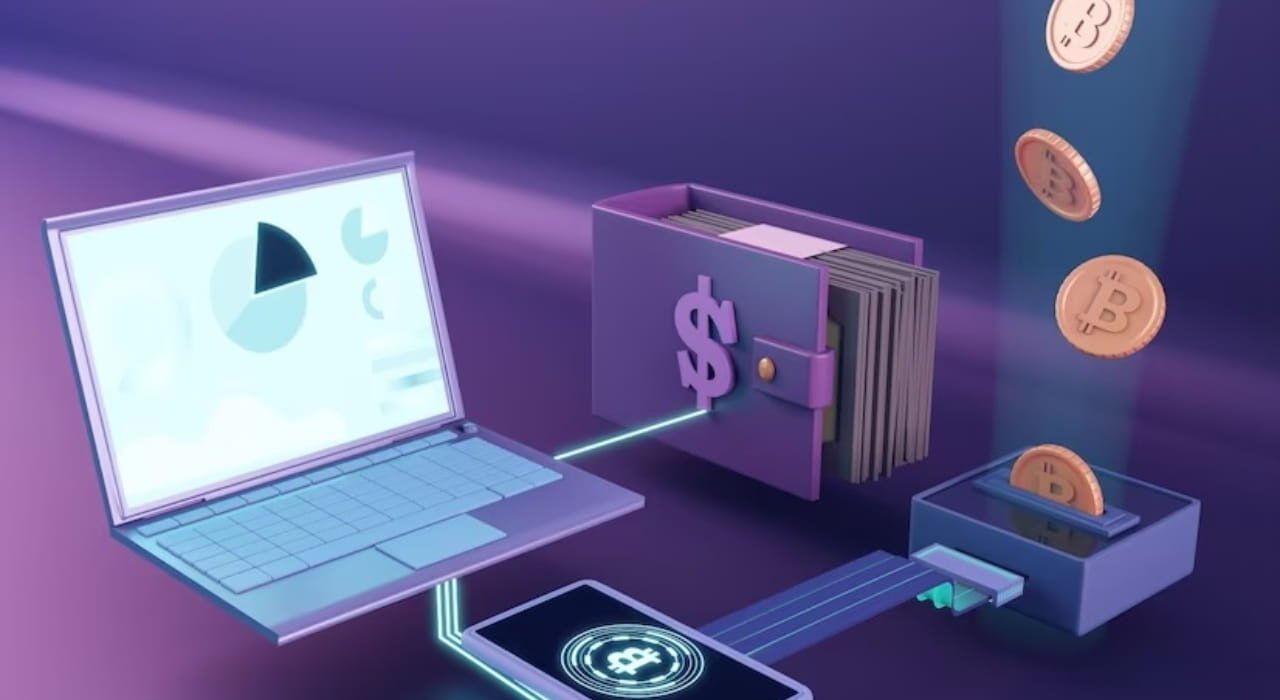Choosing the best cryptocurrency exchange for beginners can feel overwhelming with hundreds of platforms available today. Whether you’re looking to buy your first Bitcoin or explore altcoins, selecting the right exchange is crucial for your crypto journey. The ideal beginner-friendly platform should offer intuitive navigation, robust security measures, educational resources, and reasonable fees. In this comprehensive guide, we’ll explore the top cryptocurrency exchanges that cater specifically to newcomers, helping you make an informed decision about where to start your digital asset trading adventure.
What Makes the Best Cryptocurrency Exchange for Beginners?
When evaluating cryptocurrency exchanges for beginners, several key factors distinguish excellent platforms from mediocre ones. Security should be your top priority, as the crypto space has seen numerous exchange hacks over the years. Look for platforms that offer two-factor authentication, cold storage for funds, and regulatory compliance.
User experience plays an equally important role. The best beginner exchanges feature clean, intuitive interfaces that don’t overwhelm new users with complex trading charts and advanced features. Educational resources, customer support availability, and mobile app functionality also contribute to a positive beginner experience.
Essential Features to Look For
A quality beginner exchange should provide multiple payment methods, including bank transfers, debit cards, and credit cards. Fee transparency is crucial – avoid platforms with hidden charges that can eat into your investments. Additionally, the exchange should support popular cryptocurrencies like Bitcoin, Ethereum, and other major altcoins.
Top Cryptocurrency Exchanges for New Investors
Coinbase: The Most User-Friendly Option
Coinbase consistently ranks as a top choice for cryptocurrency beginners due to its exceptional user experience and educational approach. The platform offers Coinbase Earn, where users can learn about different cryptocurrencies while earning small amounts of crypto. Their mobile app is particularly well-designed, making it easy to buy, sell, and track your portfolio on the go.
The exchange supports over 100 cryptocurrencies and provides bank-level security measures. While fees can be higher than some competitors, the ease of use and educational value make it worthwhile for beginners.

Kraken: Security-First Approach
Kraken has built a reputation as one of the most secure cryptocurrency exchanges globally. For beginners who prioritize security, Kraken offers advanced security features including global settings locks and master keys. The platform provides excellent customer support and comprehensive educational materials.
Gemini: Regulated and Trustworthy
Founded by the Winklevoss twins, Gemini operates as a regulated exchange in the United States. This regulatory compliance provides additional peace of mind for beginners concerned about legitimacy. The platform offers a simple interface alongside more advanced trading options as users become more experienced.
How to Choose Your First Crypto Exchange
Research Supported Cryptocurrencies
Before committing to an exchange, verify that it supports the cryptocurrencies you want to purchase. While most exchanges offer Bitcoin and Ethereum, availability of specific altcoins can vary significantly between platforms.
Compare Fee Structures
Exchange fees can impact your investment returns, especially for frequent traders. Compare trading fees, withdrawal fees, and deposit fees across different platforms. Some exchanges offer reduced fees for higher trading volumes or when using their native tokens.
Evaluate Security Measures
Security should never be compromised when dealing with digital assets. Research the exchange’s history, security protocols, and insurance coverage. Look for features like two-factor authentication, cold storage, and regulatory compliance.
Getting Started: Step-by-Step Guide
Creating your first cryptocurrency exchange account involves several important steps. Start by choosing a reputable exchange that aligns with your needs and geographic location. Complete the verification process, which typically requires identity documentation for regulatory compliance.
Set up strong security measures immediately after account creation. Enable two-factor authentication, create a unique password, and consider using a hardware security key for additional protection. Start with small amounts until you become comfortable with the platform’s functionality.
Internal link suggestion: “How to Set Up Two-Factor Authentication for Crypto Exchanges”
Common Mistakes New Crypto Traders Should Avoid
Many beginners make costly mistakes that could easily be prevented with proper knowledge. Avoid storing large amounts of cryptocurrency on exchanges long-term – use hardware wallets for significant holdings. Don’t invest more than you can afford to lose, as cryptocurrency markets are highly volatile.
Research thoroughly before making investment decisions and avoid FOMO (fear of missing out) trading. Set up price alerts instead of constantly checking your portfolio, and consider dollar-cost averaging to reduce the impact of market volatility.

Conclusion
Selecting the best cryptocurrency exchange for beginners requires careful consideration of security, usability, fees, and available features. Coinbase, Kraken, and Gemini represent excellent starting points for new crypto investors, each offering unique advantages for different user preferences.
Remember that your choice of exchange is just the beginning of your cryptocurrency journey. Take time to educate yourself about blockchain technology, market dynamics, and security best practices. Start small, learn continuously, and gradually expand your knowledge and portfolio as you gain experience.
Ready to begin your crypto journey? Research the best cryptocurrency exchange for beginners that matches your specific needs, create your account with proper security measures, and take your first step into the exciting world of digital assets today.



















